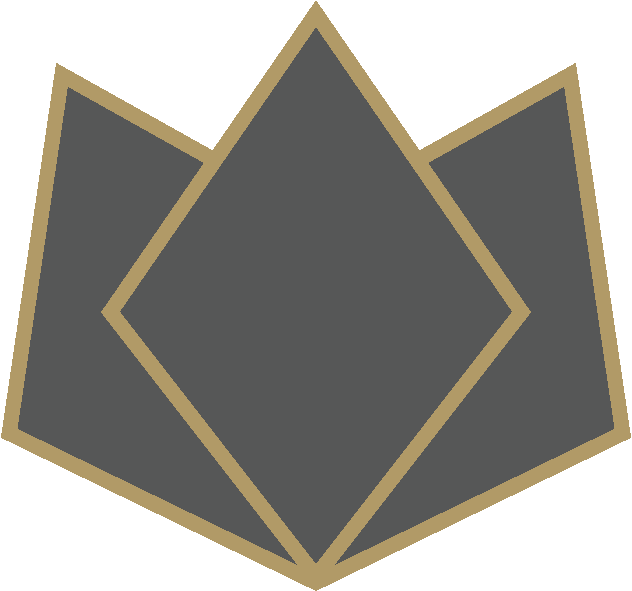12 Aug A guide to Patent Filing in Trinidad and Tobago
WHAT IS A PATENT?
“A patent is an exclusive right granted for an invention, which is a product or a process that provides, in general, a new way of doing something, or offers a new technical solution to a problem. To get a patent, technical information about the invention must be disclosed to the public in a patent application.”- WIPO
Criteria for Patent Protection:
⦁ Novelty
⦁ Inventive Step; and
⦁ Industrial Applicability
A patent owner is granted the exclusive right to prevent or stop others from commercially exploiting the patented invention. The invention cannot be commercially made, used, distributed, imported or sold by others without the patent owner’s consent. In turn, the patent owner is required to disclose the details of the invention which would be available for the public to use when the patent has expired.
Patent rights are territorial in nature and therefore are only protected in the country in which a Patent is granted. It is governed by the patent laws of that country.
FACTORS TO CONSIDER BEFORE FILING A PATENT
Before applying for a patent, thoroughly consider the following factors:
⦁ Patent research. Make sure your idea isn’t infringing on someone else’s patent. To do that, you should conduct a “preliminary patent search.” This step will help ensure that your idea hasn’t already been patented. You can either hire an expert to help you or perform this step yourself.
⦁ Prototype. You should develop a basic prototype to determine your product’s functionality. This ensures you have a close-to-final design when you do file for a patent. (Changing materials or mechanics is difficult once your patent’s been filed.)
⦁ Market research. Define your market and determine how large it is. If it’s too small, your product may not be commercially viable.
⦁ Cost to manufacture. Determine how much it will cost to manufacture your product. If it costs more to make than the market is willing to pay, your invention is just a money pit.
Once you’ve determined there are no roadblocks to commercial success, it’s time to consider whether or not you need a patent. Just as many inventors patent their ideas and never take them to market.
Some inventors choose to protect their invention as a Trade Secret rather than through Patenting. This however is only recommended where reverse engineering is not likely.
Lastly, there are other Intellectual Property tools available which should be explored for ensuring commercial success of an invention such as Trade Marks and Copyright Protection.
OFFICIAL COSTS OF FILING A PATENT APPLICATION
Application fee: TTD 2000.00
Search and Examination fee: TTD 1500.00
Grant and Publication fee: TTD 500.00
Annuity fees (TTD):
1st year: No fee
2nd year: $200
3rd year: $400
4th year: $400
5th year: $600
6th year: $900
7th year: $1200
8th year: $1600
9th year: $2000
10th year: $2400
11th year: $3200
12th year: $4200
13th year: $5200
14th year: $6200
15th year: $7200
16th year: $8400
17th year: $9600
18th year: $10800
19th year: $12000
20th year: $13200
Amendments to application/specification: 250.00
DOCUMENTS REQUIRED TO FILE A PATENT
Applicants should submit the following documents:
⦁ Patent Application
⦁ Specification of Goods
⦁ Power of Attorney [Where the Applicant is represented]
⦁ Statutory declaration [Where Applicant is not Inventor](To be filed within 2 months from date of filing)
⦁ Official English translation of the international application (Where Applicable)
TERM OF PROTECTION OF A PATENT
The term of protection for a patent in Trinidad and Tobago is 20 years as long as the patent is maintained and the term is calculated from the date of filing.
Where there are prior patent applications made elsewhere, the patent application must be made within 1 year of the date of filing of the priority document.
⦁ Procedure for Infringement of a Trade Mark
⦁ A guide to TM Filing in Trinidad and Tobago
⦁ How to Copyright your work
⦁ Trade Marks- Associations, Disclaimers and Part B
⦁ Procedural Requirements for filing an Industrial Design
⦁ Geographical Indications and the great opportunities this in Trinidad and Tobago
⦁ A guide on filing Geographical Indications
The contents of this discussion are intended to convey general information only and not to provide legal advice or opinions. Please consult an Intellectual Property Attorney if you require legal advice.



Nicholas Gayahpersad
Posted at 23:23h, 26 AugustThis is a very useful and informative article! Will be sure to share it with my friends involved in R&D!